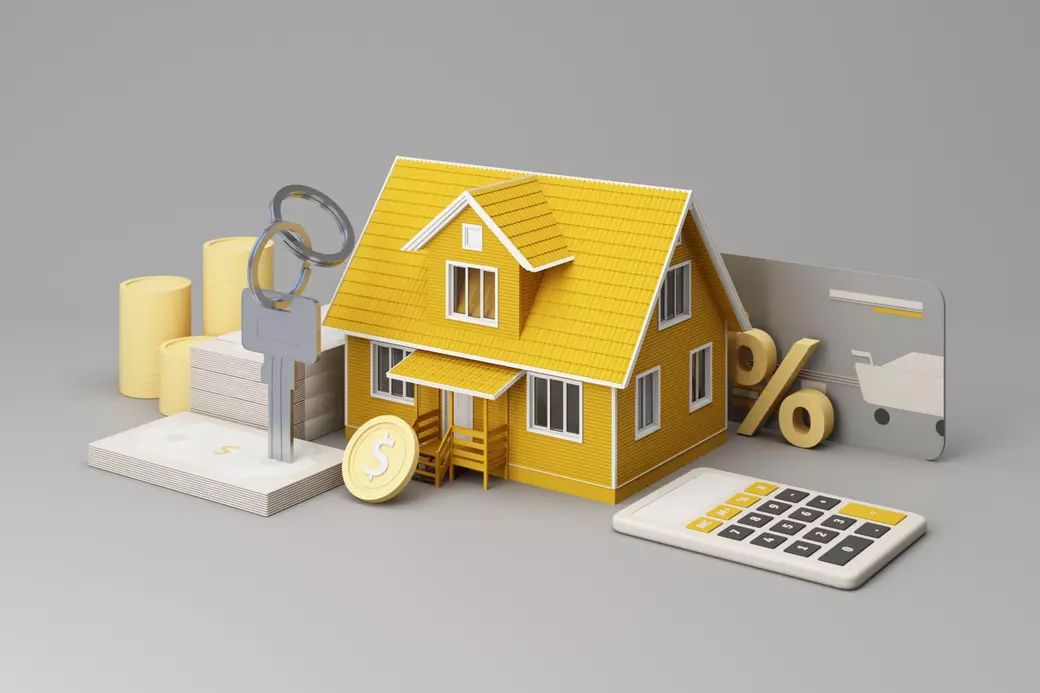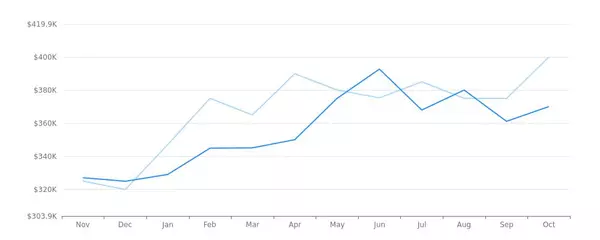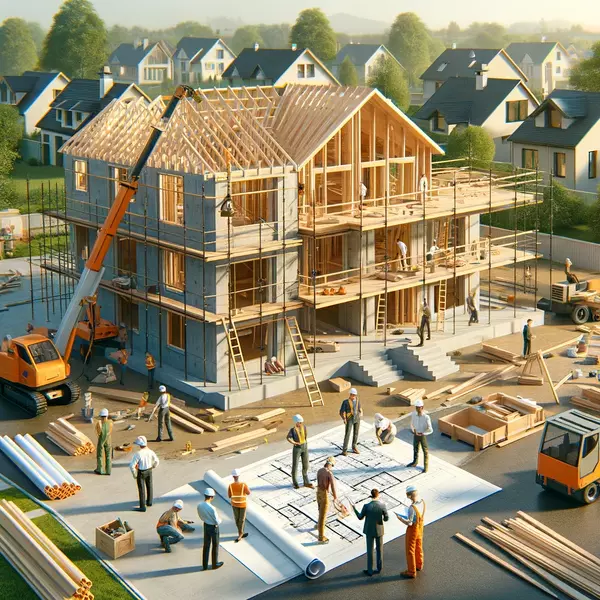Common Real Estate Myths Debunked

Real estate transactions can be a complicated maze where myths and misconceptions abound. These myths can often influence the decisions that buyers and sellers make, sometimes to their detriment. This is why it is so essential to debunk common real estate myths. Here, we aim to dispel some of these misconceptions and provide a clearer understanding of the real estate market.
Myth 1: You need a 20% down payment to buy a home
A common myth among buyers is that you need to have a 20% down payment to buy a house. This is not necessarily true. While a 20% down payment might help avoid Private Mortgage Insurance (PMI), many lenders today offer loans with a down payment as low as 3% to 5%. There are also FHA loans and VA loans, which require minimal to no down payment. However, it's essential to remember that a lower down payment may lead to higher monthly mortgage payments.
Myth 2: The only upfront cost is the down payment
Another myth that persists among buyers is that the down payment is the only upfront cost. This is far from the truth. There are several other costs involved when buying a house, including closing costs, home inspection, appraisal fees, and possibly more depending on your specific situation. It's crucial to budget for these when planning to buy a house.
Myth 3: Pricing your home higher will leave room for negotiation
Many sellers believe that they should price their home higher to leave room for negotiation. However, this often leads to fewer interested buyers. Most buyers have a budget range, and if your home is priced above that range, it won't even come up in their search results. It's better to price your home competitively from the start to attract more potential buyers.
Myth 4: Renovations will always increase your home value
While strategic renovations can indeed increase your home's value, not every renovation guarantees a significant return on investment. Some renovations may not appeal to every buyer, and some might even be seen as too personalized. Therefore, before shelling out thousands on a home renovation, consider whether the changes align with the current market trends.
Myth 5: Spring is the best time to sell
Although spring is traditionally seen as the best time to sell, this might not be the case anymore. With the advent of online real estate platforms, the real estate market is active year-round. Homes sold in winter, for instance, can often command a higher price because there’s less competition.
Myth 6: The market will crash soon
After the 2008 real estate crisis, many people have been waiting for the next big crash. However, it's important to note that numerous factors contributed to 2008's crash, and the real estate market is not inherently unstable. While it's true that markets fluctuate, they also recover. Predicting a crash can be more detrimental than beneficial.
In conclusion, it's essential to sift through these myths and misconceptions when dealing with real estate. It's always a good idea to speak with your realtor if you have any questions in order to ease your concerns.
For more information on buying or selling your home, contact Shawn Wilmoth REALTOR®
ShawnWilmoth.com
Categories
- All Blogs (1000)
- Airbnb Realtor (13)
- Barndominium (6)
- Buying a home (57)
- California Buyers (17)
- Commercial Broker (2)
- Commercial Property (33)
- DR Horton Homes (5)
- East Tennessee (59)
- Experienced Realtor (40)
- Experienced Tennessee Realtor (67)
- For-Sale By Owner (24)
- FSBO (17)
- Gatlinburg (30)
- Gatlinburg Cabins for Sale (2)
- Gatlinburg Rental Homes for Sale (6)
- How to pick a realtor (14)
- Industrial Property (9)
- Invesment Real Estate Gatlinburg (4)
- Investment Property Realtor (27)
- Knoxville (66)
- Knoxville Jobs (1)
- Knoxville Zillow Reviews (1)
- Listing your home (30)
- Mobile Homes (7)
- Modular Homes (9)
- Morristown (28)
- Mortgage (3)
- New build homes (24)
- Price of Homes in Knoxville (10)
- Realtor Blog Feed (3)
- Reccomended Tennessee Realtor (48)
- Refinancing (2)
- Rental Property (7)
- Retail Building sites (4)
- Retail Land for Sale (3)
- Selling a home (19)
- Short-Term Rentals (2)
- Smithbuilt Homes (2)
- Strawberry Plains (1)
- Tennessee (39)
- Tennessee Lenders (3)
- tract homes (1)
- Vacant Commercial Land (4)
- Warehouse for Sale (1)
- Zillow Agent (1)
Recent Posts










GET MORE INFORMATION
Agent | License ID: 354366
308 N PETERS RD. STE 225, KNOXVILLE, TN, 37922, United States
